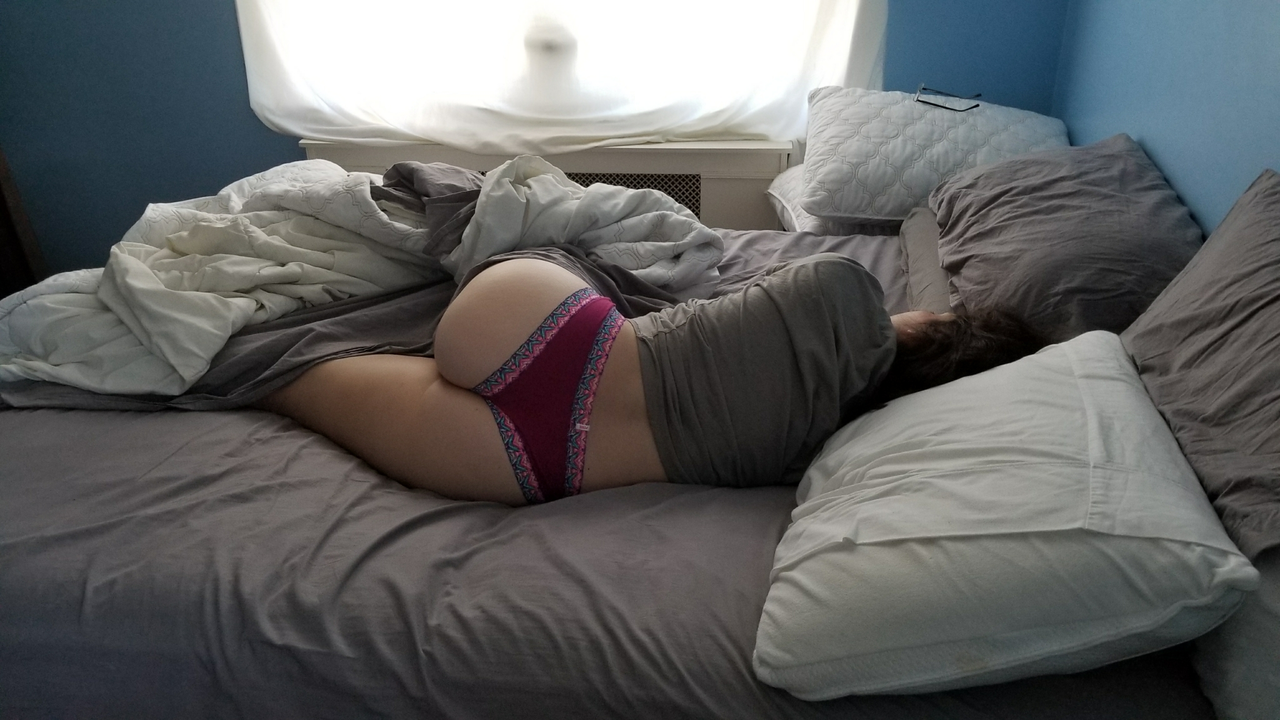Sleep Tips That Actually Work Tonight
You don’t always need pills to fix a bad night. Small changes to routine and sleep space often make the biggest difference. Try a few of these practical tips and see what helps you the most.
Set a sleep routine and stick to it
Go to bed and wake up at the same times every day — yes, even on weekends. Your body likes patterns. Pick a bedtime that gives you 7–9 hours and protect that window. If you can’t sleep within 20 minutes, get up, do something quiet and calm, then try again. Worrying in bed makes insomnia worse.
Create a short pre-sleep ritual. Ten to thirty minutes of the same calm activities — reading a paper book, light stretching, or a warm shower — tells your brain it’s time to wind down. Keep bright lights low during this time.
Fix your bedroom: light, noise, and temperature
Make your room cool, dark, and quiet. Aim for about 16–19°C (60–67°F) if you can. Blackout curtains or a sleep mask block light that messes with melatonin. Use white-noise or a fan to mask sudden sounds. Reserve the bed for sleep and sex only — no work, no scrolling.
Phones and tablets emit blue light that tricks your brain into thinking it’s daytime. Try a digital curfew: stop screens 60–90 minutes before bed. If you must use devices late, enable night mode or wear blue-light blocking glasses.
Watch what you eat and drink. Cut caffeine after mid-afternoon and avoid heavy meals within two hours of bed. Alcohol can help you fall asleep but fragments sleep later in the night. If you nap, keep it under 30 minutes and before 3 pm so it doesn’t ruin bedtime.
Move during the day. Regular exercise helps sleep, but finish intense workouts at least a few hours before bed. Gentle yoga or a short walk in the evening is fine and can be calming.
Thinking about sleep medications? Melatonin can help reset a sleep schedule for jet lag or shift work, but use it short-term and start with a low dose. Over-the-counter antihistamines cause drowsiness but may leave you groggy the next day and aren’t meant for long-term use. Prescription sleep meds have risks and should be discussed with a doctor. If you take other medicines, check for interactions.
If your sleep problem lasts more than a few weeks, or you snore loudly and feel exhausted in daytime, see a healthcare professional. Cognitive Behavioral Therapy for Insomnia (CBT-I) is a proven, drug-free treatment that works well for long-term sleep problems.
Start simple: pick one habit — bedtime, screen curfew, or room temp — and do it consistently for two weeks. Track how you feel. Small wins add up fast. For reliable info about sleep aids or medications mentioned here, SpringMeds has clear guides and safety tips to help you choose wisely.

